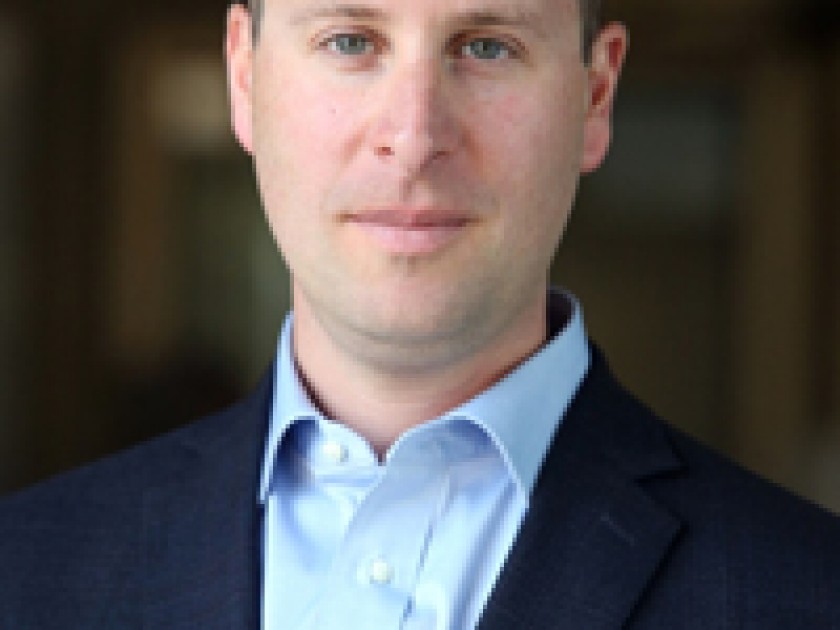
Celebrate Jewish Book Month with #30days30authors! JBC invited an author to share thoughts on #JewLit for each day of Jewish Book Month. Watch, read, enjoy, and discover!
Today, Yaakov Katz, the co-author of The Weapon Wizards: How Israel Became a High Tech Military Superpower, answers an often-asked question and what he prioritizes.
“Everything has an appointed season, and there is a time for every matter under the heaven.” (Kohelet Chapter 3, Verse 1)
A question I am often asked when it comes to my books is – How do I have the time? People wonder where I find the time to write books between my job running a newspaper and spending time with my family.
At first, I wasn’t sure myself, but over time I’ve come to believe that time is fluid. Yes, there are only 24 hours in a day and seven days in a week but, I believe, the value and quality of our time is what we make of it. It is all about how we use it. Do we use time to its fullest or do we waste the precious resource at our disposal?
If something is important, I tell people, then you will make the time. You will wake up an hour before your children to get some writing done. You will stay up late at night to conduct transatlantic phone interviews and you will spend your airplane rides and time relaxing by the pool editing sections and outlining your next chapter. It’s mostly, I’ve come to believe, about prioritizing.
“Israel vs. Iran – The Shadow War”, my first book, was written when I was a beat reporter. I was writing daily about the Iran’s nuclear program and Israel’s preparations to confront the different threats it faced from Iranian proxies along its borders. For the book, I needed to broaden the scope but the foundation was already there.
The idea for my second book – Weapon Wizards: How Israel Became a High-Tech Military Superpower came to me while I was on a US-based sabbatical from the newspaper. I found a co-author and for two years we researched, interviewed and wrote the book.
There is no question that the commodity of time is not enough. You have to enjoy writing and also need some basic skills. Authors who have a knack for storytelling and writing will be able to move faster. But that is not all one needs. I often tell my news staff that there are four skills needed to be a good reporter:
- The first is the ability to write but that is something that can be learned. I learned to write news in my first job in journalism where I was lucky enough to have editors with patience to teach me.
- The second is human interaction. To be a good reporter, you need people to confide in you and share with you their stories. If they don’t feel comfortable talking to you, there is a problem.
- The third skill is a high degree of curiosity and the ability to ask the right questions. Reporters cannot take what they see at face value. They need to have a desire to dig deep.
- The fourth skill is the most difficult to acquire but can come with time. Veteran reporters have it after spending years covering their beats. It’s a sixth sense that enables reporters to know what will happen after a specific event. It isn’t prophecy but is a skill that helps reporters take their stories forward and write about what will happen next, instead of what just happened.
All of these skills are relevant for authors as well. I find that my favorite books are compelling because of their narrative style, their depth and their breadth. I look for stories that are provocative and will take me to a new place in knowledge and thinking. When you can sense the author’s own curiosity, you know you are holding a winner.
Yaakov Katz is the former editor-in-chief of The Jerusalem Post. He writes for Newsweek and The Jewish Chronicle, hosts the JPPI weekly podcast and has appeared on CNN and BBC. He is the author of Shadow Strike and the co-author with Amir Bohbot of Weapon Wizards.